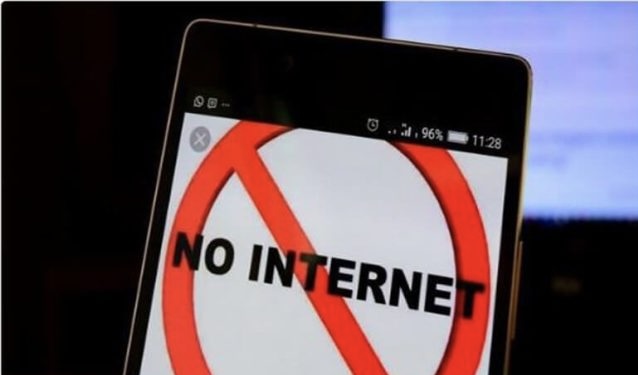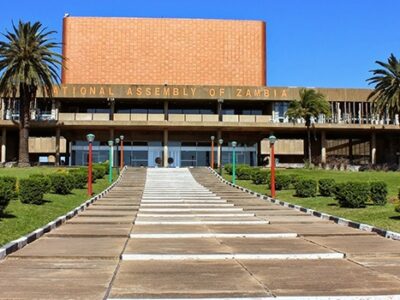Stakeholders continue to reflect on the impacts of the internet shutdown during the 2021 general elections, particularly as a result began to emerge, highlighting the broader consequences on business and the economy.
During the August 2021 general elections, the Zambian government reportedly blocked access to social media and communication platforms like Facebook and WhatsApp for 48 hours, marking a significant moment in the country’s history.
George Bunda, a communications expert, emphasized the critical role of the internet in social, political and economic discourse, warning that any disruption to the flow of information is detrimental.
“The day the internet was shut down will be remembered for the impact it had on online transactions. It is unfortunate that the economic cost of the shutdown has not been quantified,” Bunda stated.
He noted that in Zambia, internet shutdowns have continued to affect free speech, communication and business, particularly as more conversations and transactions have moved online.
According to the 2022 Freedom on the Net Zambia Country Report by Freedom House, the internet shutdown hindered citizens’ ability to express their opinions and engage in political discourse.
“This suppression of free speech was particularly concerning during a critical democratic process, leading to increased self-censorship due to fear of government surveillance and potential repercussions among internet users in Zambia,” the report stated.
Read more: Internet shutdown, digital rights: Lessons from Zambia’s 2021 elections by Changu Phiri
The report also highlighted the disruption of information flow, making it difficult for people to access real-time updates and communicate with one another.
Kitwe Business Executive, George Jere, agreed with the report, noting that during the shutdown, companies faced operational challenges due to the inability to communicate with clients and partners, process transactions, and access online services.
“The internet is integral to business operations today, so any interruptions have a significant impact on the economy,” Jere stated.
Beyond the 2021 incident, there have been sporadic internet disruptions, leading to the Zambia Information and Communication Technology Authority (ZICTA) to impose penalties on mobile telecommunications companies.
The report recommended continued development of ICT infrastructure in the country to increase internet access while enabling telecommunication companies to handle expanded clientele.
In 2017, the second phase of a project to construct communications towers across the country was launched, involving the construction of 808 new communications towers and over 1,000 second-generation (2G), third-generation (3G), and fourth-generation (4G) wireless stations.
The tower project, a component of the Smart Zambia initiative and developed by Huawei, aims to increase mobile voice coverage to nearly 100 percent and expand data service coverage from 5 to 40 percent.
The report also noted the government’s Universal Access Fund, which helped finance more than 1,000 base stations nationwide, increasing mobile coverage to 92 percent of the population.
As of July 2021, 1,009 towers had been built, though delays prevented the completion of the rest by the government’s target of year-end 2021.
Additional initiatives by technology companies, internet service providers (ISPs), and mobile providers are expected to further increase mobile broadband penetration, including the deployment of WiMax (Worldwide Interoperability for Microwave Access) wireless broadband, LTE (Long-Term Evolution), 5G, and fiber-to-the-premises (FTTP).
The report concluded: “Overall, while Zambia has not experienced frequent internet shutdowns, the instances that have occurred highlight the profound impact such actions can have on free speech, communication and business operations.”
WARNING! All rights reserved. This material, and other digital content on this website, may not be reproduced, published, broadcast, rewritten or redistributed in whole or in part without prior express permission from ZAMBIA MONITOR.












Comments